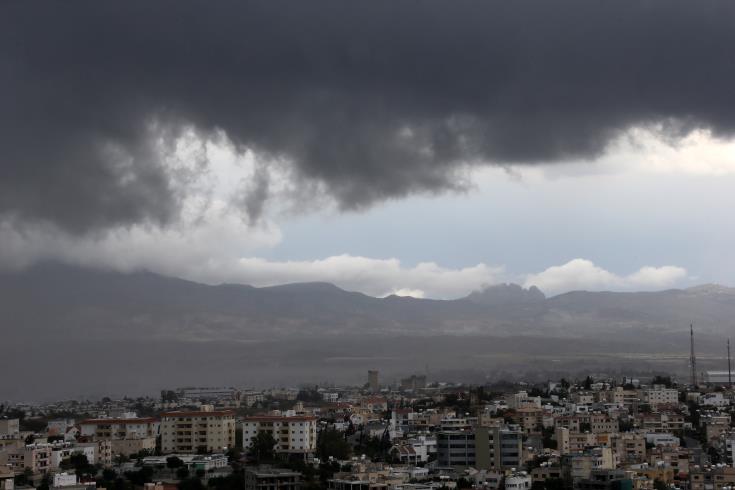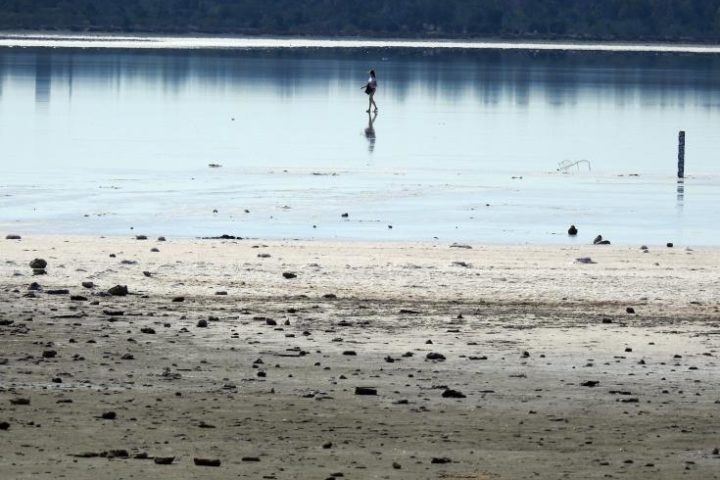Cyprus is witnessing bad weather after the recent high temperatures, recording the first heavy rainfall after an unusually hot summer.
The island’s Met Office has issued a yellow warning for extreme weather, warning of local thunderstorms on Thursday.
The first storms broke around noon in the northeastern parts of the island, reaching the coasts of Larnaca and Famagusta.
Inland and the mountains also saw their share of showers and thunderstorms, with the epicentre of the stormy weather over the village of Sia, south of Nicosia.
According to reports, Sia saw some 50 mm rain intensity in just an hour.
Nicosia and the mountains are expected to see heavy rain and probably hail during the afternoon.
The Met Office said the island is affected by a low-pressure system.
In comments to the Financial Mirror, weather observer Eric Kitas of KitasWeather said the rain will not last long.
From the weekend, temperatures will rise to above the norm of 34 degrees Celsius.
“Today temperatures inland rose to 30°C, some four degrees below the average for the season.
“Temperatures will start rising from Friday reaching 32-33°C, while next, they should rise to a maximum 37 to 38,” said Kitas.
The weather observer added that Cyprus has more sunny days to see this year with high temperatures before welcoming the winter.
“However, we must note that it is not unusual for September to record such ‘weather mood swings’ going from rain with temperatures below the average to hot, dry days with temperatures well above the average,” said Kitas.
Temperatures on Thursday night will drop to 19°C inland, 21°C on the coasts and 12°C on the mountains.
On Friday, maximum temperatures will rise to 32°C inland, 30°C on the coasts and 23°C in the mountains.
August was the warmest month in Cyprus since temperatures were recorded in 1983, with the island sweltering under prolonged heatwaves blamed on global warming.
According to the Met Office, maximum temperatures above 40°C became routine during August.
The average daily highest temperature in August 2021 was estimated at 39.8°C, making it the hottest month ever recorded.
It beat the previous record of July 2020, when the average daily temperature was a sweltering 39.7°C










